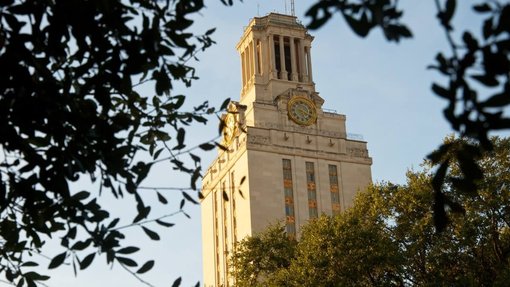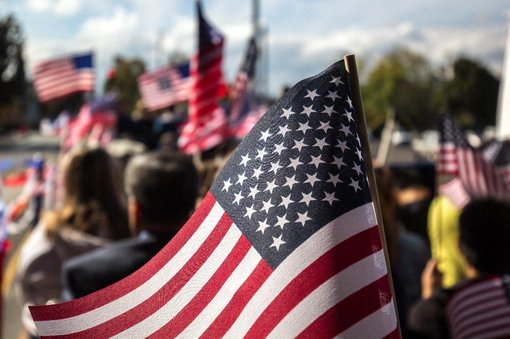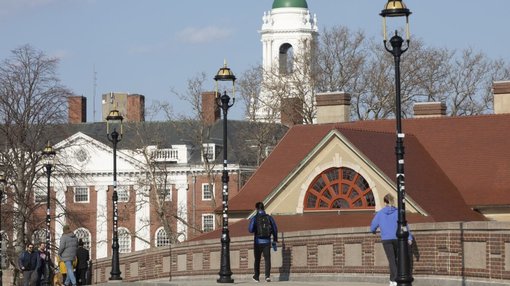University Leaders Urged to Create New Models for Higher Education That Offer Life-Long Learning Opportunities
United States North America Higher Education News by Erudera News Nov 23, 2021

Higher education must develop more flexible trails for students to earn degrees but also for the community to gain skills as learners, so they can advance throughout their life, according to a new report from the Association of Public and Land-grant Universities (APLU) and the Coalition of Urban Serving Universities (USU).
“Many students need the flexibility to gain the skills needed for short-term job opportunities while earning credit for a longer-term degree. Others have valuable skills from experiences such as the military, volunteering, or starting a business that should be recognized with college credit,” the report reads.
The report named “Building A Future Workforce for All Learners” looks at three trends that higher education must adapt, which are:
- a rapidly changing economy creating new training needs for workers
- shifting demographics and students’ needs
- growing employer demand for “21st Century Skills”
The report states that adapting to these trends as well as meeting the needs of learners and employers requires a new higher education model which offers new opportunities for life-long learning, more flexible education, career paths as well as other opportunities to learn, apply and gain other skills, Erudera.com reports.
According to findings, a full-time worker with a college degree or no degree at all earns around $5,800 annually, higher than the median annual earnings of a high school graduate. It further adds that a worker with an associate degree earns about $9,600, which amount is higher than the income of someone with a high school diploma, whereas about $24,900 is the earning of a bachelor’s degree recipient (with no advanced degree).
As the Diverse Education reports, the Director of USU, as well as one of the report’s contributors, Andréa Rodriguez, has said that the pandemic has pushed higher education to consider challenges within the institution.
“The report shows how institutions are now addressing workforce demands through collaboration and partnerships. And listening to students’ experiences,” Rodriguez said.
The Association of Public and Land-grant Universities (APLU) is a research, policy, and advocacy organization focusing on strengthening and advancing the work of public universities in the United States, Canada and Mexico. A total of 244 public research universities, land-grant institutions, state university systems, and affiliated organizations are members of the organization.
On the other hand, the Coalition of Urban Serving Universities (USU) is a president led organization working to strengthen urban university engagement and includes some 40 public urban research universities from 25 US states.
Recent Articles
France
Apr 26, 2024
United States
Apr 25, 2024
Hong Kong
Apr 25, 2024
United States
Apr 25, 2024
United Kingdom
Apr 24, 2024


